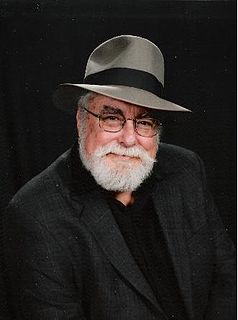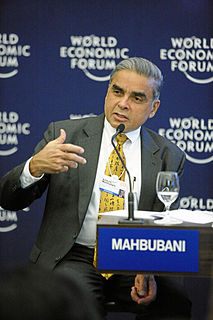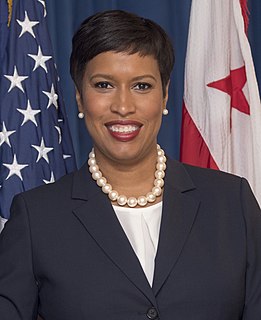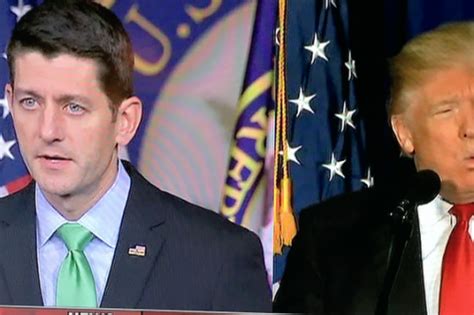A Quote by Julie Bishop
Greater public recognition will also be critical in encouraging prevention and early intervention, and more generally in building public support to meet the challenges of dementia.
Related Quotes
The 21st century will be the Asian century. This also means that Asians will be expected to provide greater leadership to solve global challenges, including environmental challenges. Hence, this multi-disciplinary programme from NUS could not be more timely. It meets a pressing need to educate, train and empower leading players in the public, private and civil society sectors in Singapore, Asia and the world.
The first question that I ask : do I have public support or not. That is the first question that I asked as President. If I don't have the public support, whether there's the so-called "Arab spring" - it's not spring, anyway - but whether we have this or we don't, if you don't have public support, you have to quit, you have to leave. If you have public support, in any circumstances you have to stay. That's your mission, you have to help the people, you have to serve the people.
There is no genuine democracy without an informed public. While there are no guarantees that a critical education will prompt individuals to contest various forms of oppression and violence, it is clear that in the absence of a formative democratic culture, critical thinking will increasingly be trumped by anti-intellectualism, and walls and war will become the only means to resolve global challenges.
With every new class of representatives that comes to Congress, there is a greater recognition of the perils of private financing of campaigns. I believe that by pulling back the curtain on the daily pressures faced by members of Congress, we can show the public how critical this reform is to the salvation of our democracy.
When people generally are aware of a problem, it can be said to have entered the public consciousness. When people get on their hind legs and holler, the problem has not only entered the public consciousness -- it has also become a part of the public conscience. At that point, things in our democracy begin to hum.


































